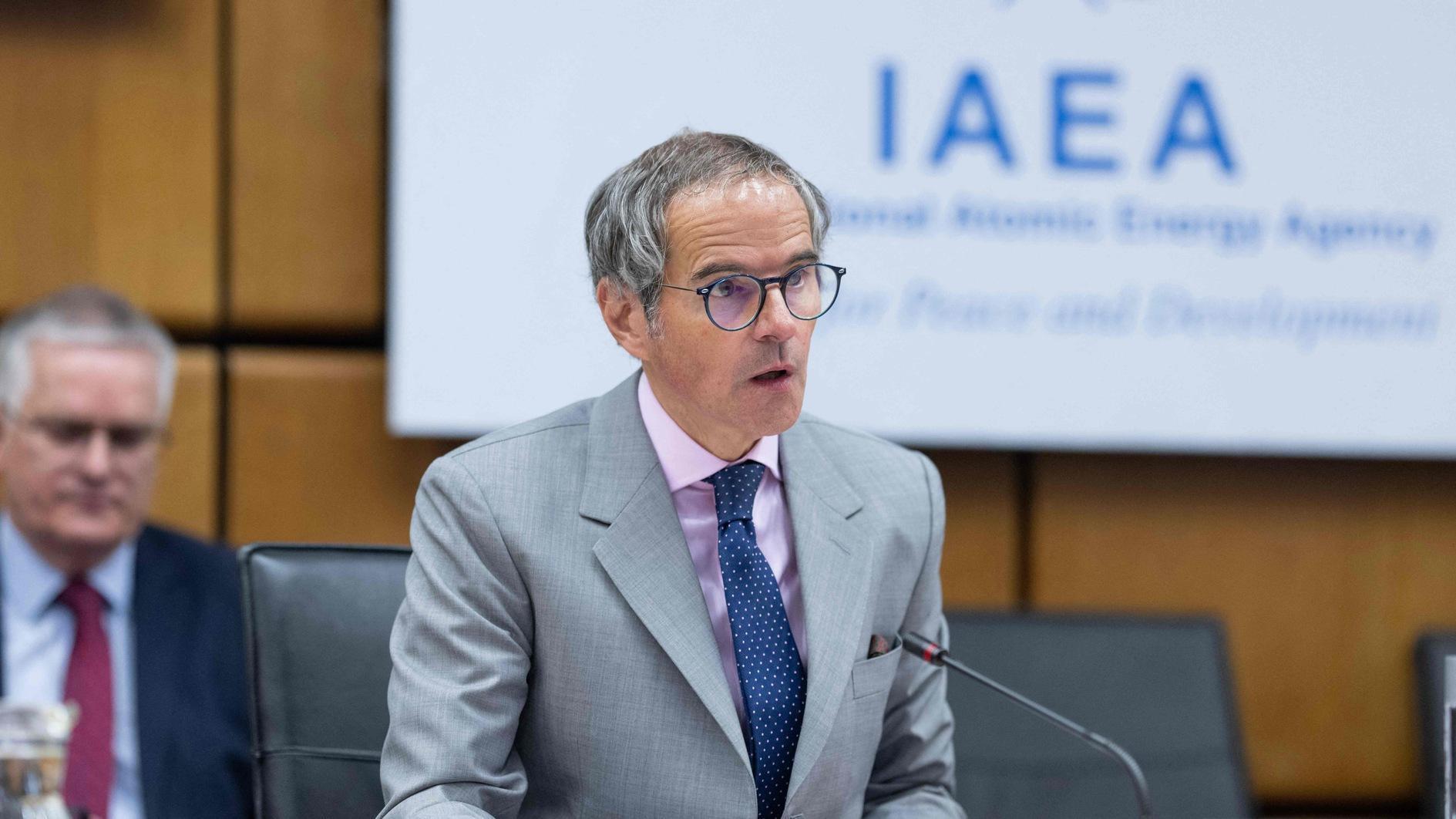It’s time to stay calm
It is not possible to isolate the bomb attacks in the Turkish town of Reyhanlı near the Syrian border on May 11 from the civil war in Syria. Ankara has pointed to a fringe leftist armed organization called the “Acilciler,” or the Hasty Ones, and its leader Mihraç Ural as the party responsible for the terrible attack that killed at least 50; the group has long being denounced as being under the manipulation of Syrian intelligence, al-Mukhabarat.
Syrian President Bashar al-Assad is furious with Turkish Prime Minister Tayyip Erdoğan for 1) Hosting nearly 400,000 refugees escaping from the civil war; 2) Hosting and helping the Syrian opposition get organized under the umbrella of the Syrian National Coalition; 3) Hosting the Free Syrian Army leadership, which is fighting against Syrian government forces.
Erdoğan is furious with al-Assad for carrying out brutal campaigns against his own people, especially against Sunni Muslims – the majority of country in contrast to al-Assad’s Nusayri origins – first with tanks and armored carriers and now with jets, Scud missiles and, according to the latest claims, chemical weapons as well.
Erdoğan wants al-Assad to go, but not all think the same way. Russia and Iran are two main supporters of the al-Assad regime – Iran within the framework of the non-Sunni alliance and its desires to maintain access to Hezbollah in neighboring Lebanon. Russia has its only military base in the Middle East and Mediterranean in the Tartus port of Syria, but it’s not just that. The Syria theater has turned into a second Cold War between the United States and Russia, and a proxy war has been continuing along the 910-kilometer-long Turkish-Syrian border for nearly a year now.
Last summer, Syria downed a Turkish F-4 reconnaissance jet patrolling Mediterranean airspace, killing two pilots. Turkey then grounded a Russian plane carrying undeclared military material to Syria. Then Syrian mortars killed five and destroyed buildings in the Turkish border town of Akçakale, after which NATO responded to Turkish demands by sending Patriot anti-missile batteries to Turkey. Then, in February of this year, a car bomb went off at the Turkish-Syrian border gate of Cilvegözü, killing 14. The name “Acilciler” has been whispered around since then. The group reportedly played a major role in the massacre in Banias earlier this month where the “Mukavamat,” or Resistance, militia commanded by Ural killed nearly 800 civilians, all Sunni Muslims. Turkish Foreign Minister Ahmet Davutoğlu said right after the Reyhanlı attack that those who committed the Banias attack were responsible for Reyhanlı, too.
Erdoğan said May 13 that Turkey would respond to the attacks “when the time comes,” adding that he was aware of the conspiracy to pull Turkey into the Syrian civil war. Turkish main opposition Republican People’s Party (CHP) leader Kemal KIlıçdaroğlu, who has been criticizing the government because of its Syria policy, visited Reyhanlı the same day and tried to calm people down, saying there was a need to stand against terrorism together.
It is obvious that those who want to do so could step up provocations as Erdoğan is preparing to meet U.S. President Barack Obama on May 16 and as the U.S. and Russia have agreed to soon bring Syrian government and opposition representatives together in an international conference. Indeed, the Syrian opposition plans to have a meeting on the matter on May 23 in Istanbul.
In parallel to those developments, Turkey has been going through a critical stage in an effort to find a political solution to its painful Kurdish problem, which involves Iraq, Iran and Syria.
So it is time for Erdoğan and Ankara to stay calm and both prevent the Syrian war from spilling over into Turkey and prevent Turkish problems from spilling over into Syria.











